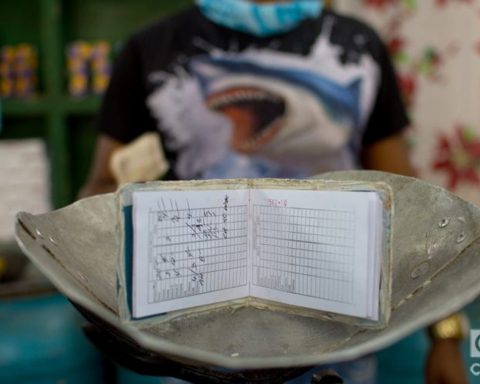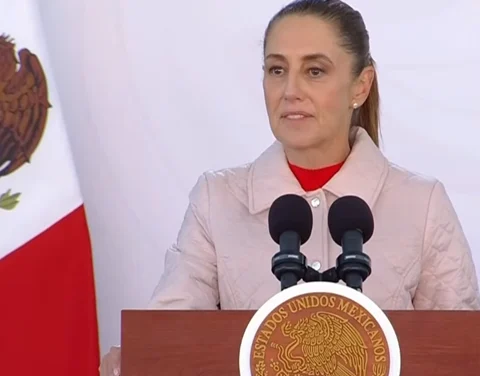MIAMI, United States. – In August 2024, 11,744 Cuban migrants arrived in the United States, representing an average of 378 people per day, according to the most recent data provided by Customs and Border Protection (CBP).
This figure is the lowest since July 2023, when 7,479 Cubans arrived in the North American country.
Until December 2022, most Cuban migrants entered the United States by illegally crossing the southern border, but the implementation of the immigration program words humanitarian aid, in January 2023, managed to significantly reduce these mass arrivals.
The recent drop in Cuban arrivals in August could be related to this program, which was temporarily suspended in early August by the White House and shortly after reinstated.
With the migrants who arrived in August, the total number of Cubans who have entered the United States in the current fiscal year, which began in October 2023, amounts to 208,308. If the current pace of arrivals continues, fiscal year 2024 is projected to conclude with more than 227,000 arrivals.
Last July transcended that, since January 2023, a total of 106,757 Cubans had benefited from the program words humanitarian implemented by the Joe Biden Administration, according to data from CBP.
The figures, published one and a half years after the implementation of this regulation, also reveal that 205,026 Haitians, 93,325 Nicaraguans and 118,706 Venezuelans have been authorized to travel to the United States in the same period.
In total, as of June, 494,799 Cubans, Haitians, Nicaraguans and Venezuelans had legally entered the country on commercial flights and received parole under this program, which grants up to 30,000 visas per month for these nationalities.
“This is part of the Administration’s strategy to combine expanded legal pathways with more severe consequences to reduce irregular migration,” CBP said in sharing the information. It added that “these processes have prevented hundreds of thousands of people from migrating irregularly, often at the mercy of smuggling networks.”

















